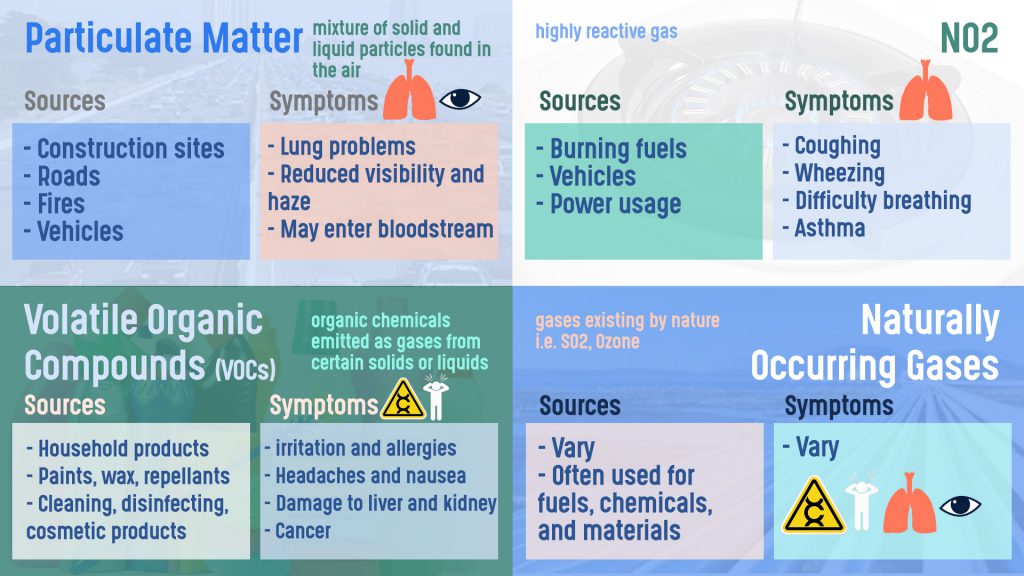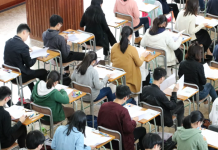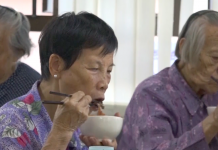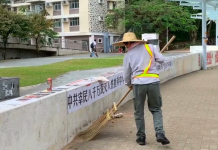Subdivided flats tenants are plagued by indoor air pollution
Reporters: Gloria Li, Iris Yeung, Johanna Chan
Editors: Jennifer Leung, Grace Liyang
Vehicles emission and outdoor industrial fumes are often associated with air pollution. Little attention is paid to indoor air quality which has become a dire problem in Hong Kong, especially in the cramped space of subdivided flats.
Ms Eckes (not her real name) and her daughter live in a subdivided flat in Mongkok. The only window of the unit faces an open yard of the building, which fails to facilitate ventilation and channels air pollutants into their home.
After moving into the cell-like unit, she starts experiencing frequent respiratory infections and her daughter’s nasal allergy worsens. Ms Eckes says they can hardly get a good night sleep. But there is nothing she can do.
“It’s very hot because of poor ventilation. Most nearby residents turn on air conditioners. The exhaust air [from the air conditioners] is also hot, so the heat drifts into our flat. Therefore, it would be better for us to close the window rather than leaving it open, especially during summer afternoons,” she says.
Ms Ng, who also lives in a subdivided unit in Cheung Sha Wan shares Ms Eckes’ problem. For better ventilation, the family has to keep five fans revolving simultaneously in a tiny room of fewer than 100 sq feet. But the effect is minimal. Ng and her son also have to bear cooking odours from nearby restaurants and vehicle emission from the streets.

Particulate matter, nitrogen dioxide (NO2), volatile organic compounds (VOCs) and naturally occurring gases like radon are major indoor air pollutants. They come from cooking, building materials, home products and outdoor air pollution.
These indoor air pollutants pose serious health risks, and poor ventilation makes the condition even worse. According to the World Health Organisation, about 3.8 million people die from exposure to household air pollution every year. Air pollution can lead to a wide range of health problems from respiratory illnesses and eye diseases to cancers for both children and adults.
Guo Hai, professor of air quality studies at the Hong Kong Polytechnic University, calls on the government to set up a standard guideline of the ventilation system to prevent accumulation of air pollutants inside subdivided flats.
Currently, the Indoor Air Quality Certification Scheme is the only government initiative to tackle the problem. It is voluntary and only applicable to offices and public places.

Prima Yu, campaign officer of Clean Air Network, says that the air quality objectives set out by the government are far less stringent than the standard of the World Health Organisation.

Yu urges the government to review the current objectives and control the number of vehicles to combat pollution and protect public health.









































